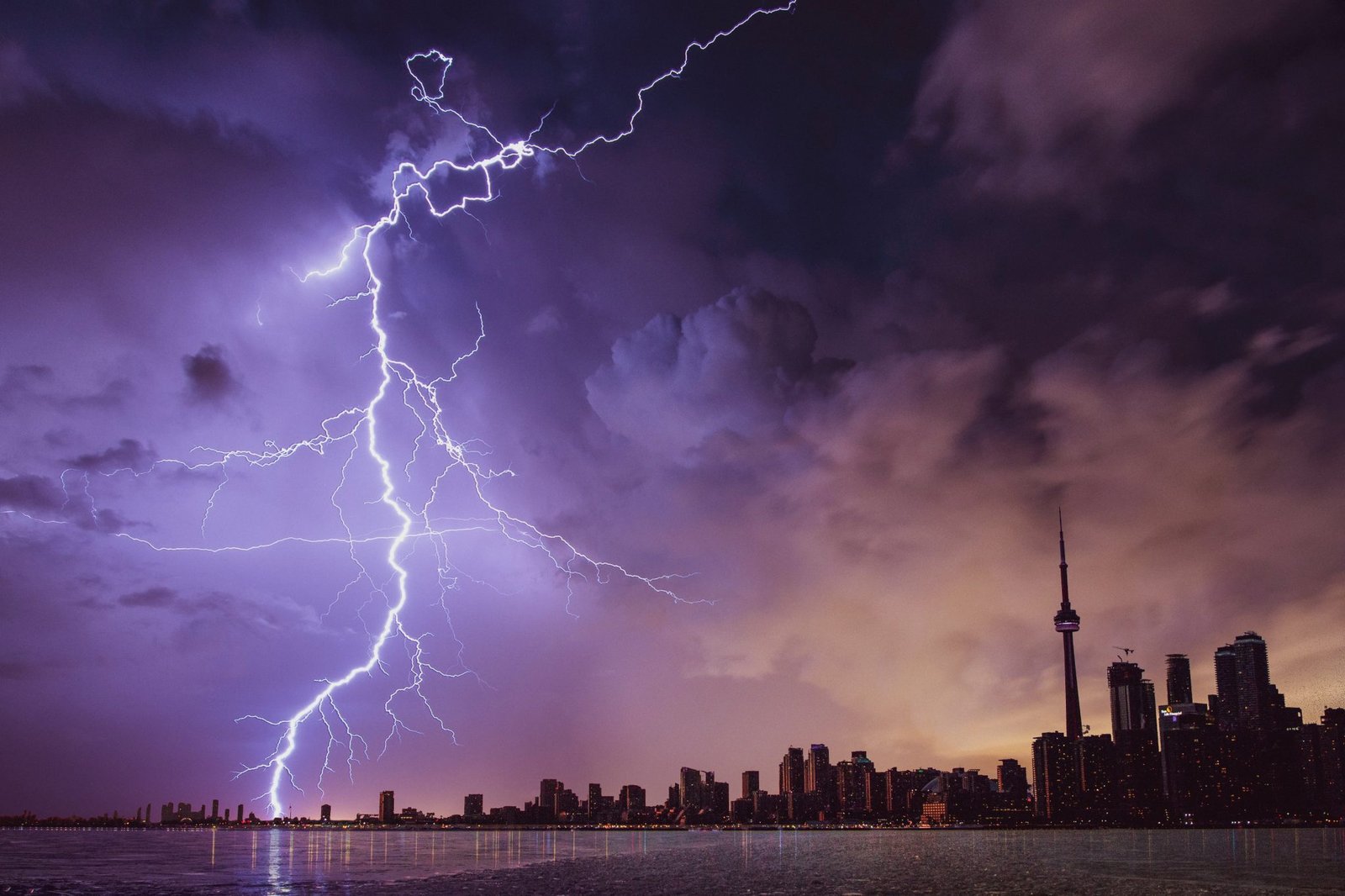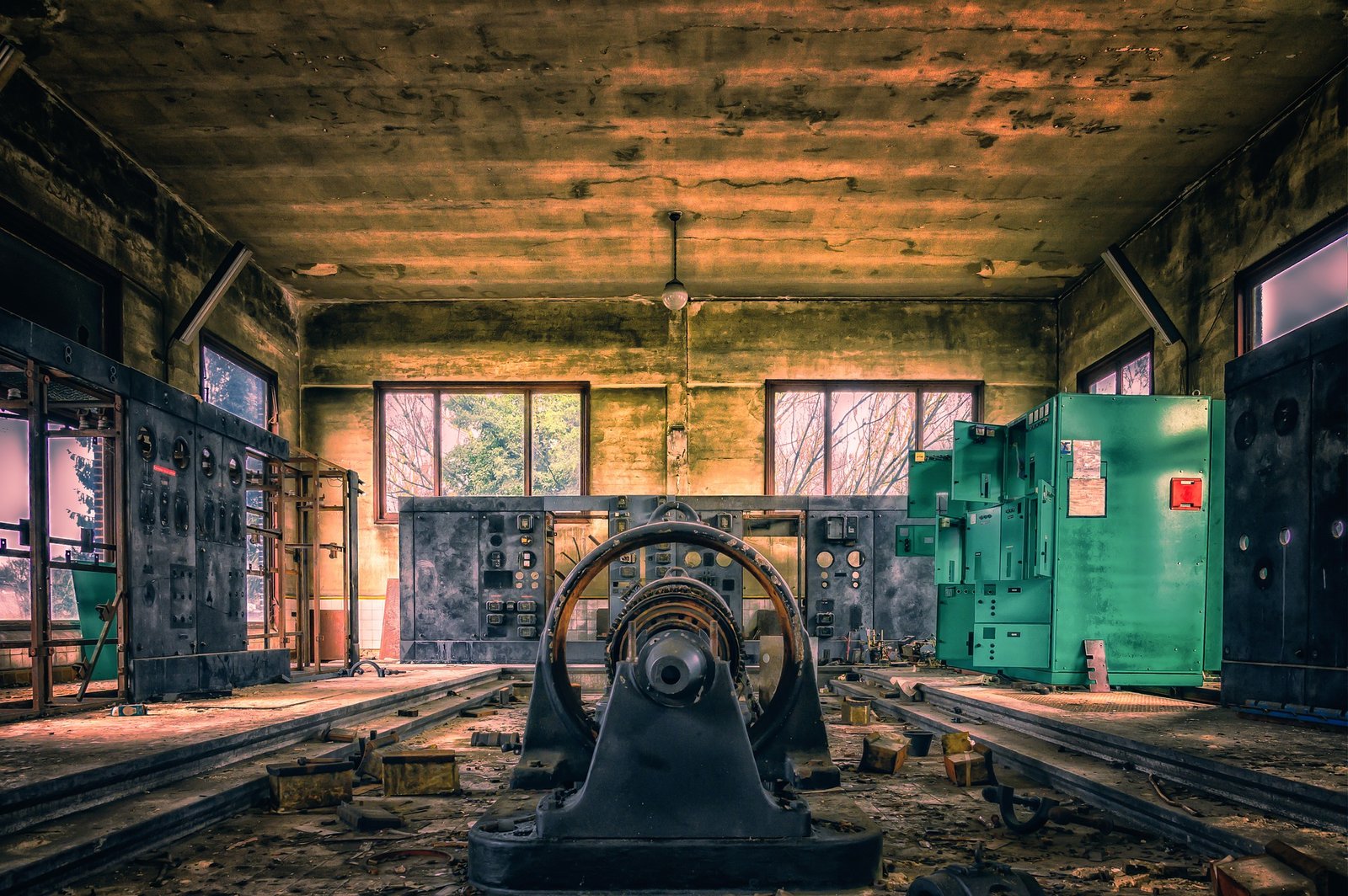
What You Should Know About Using A Portable Generator In The Rain
A lot of people use portable generators as they can provide electric power on the go.
They are easy to use, convenient, and cheap to top it all off. They can be used to operate electric appliances, electric light, and a plethora of other devices. However, this energy can pose a great risk to our lives despite how convenient it is. This risk can increase in inclement weather conditions. However, sometimes one might have to operate their portable generator despite the rain. To do that, you will need to follow a few steps to ensure your safety, which we provide in this article.

Can You Run a Generator in the Rain?
The answer to that is yes, but there is always the matter of safety. As long as you are following safety measures, such as using the shelter to prevent any water from reaching the generator, this is going to suffice. It should be noted, though, that not using the safety methods, which we’re going to mention in this article, can lead to lethal consequences, as high voltage can cause deadly electrocutions or explosions if they were operated in wet conditions without protection. Thus, the purpose of all your safety measures is to keep any moisture from getting into the outlets and cause permanent damage to the generator.
Safety
There are two major safety rules that you should put into consideration when operating a portable generator: they must never be used when wet or if they’re placed in water and they must never be used indoors. The first rule is essential because, obviously, water is a good conductor of electricity and a deadly one at that. The second rule refers to the fact that generators burn fuel. Thus, they’ll be producing great amounts of CO gas; however, generators are designed to limit the emission of CO for safety. Nevertheless, CO can build up, especially in closed spaces, to a lethal level of concentration.

Covers
Considering these two safety rules, you will likely need a decent cover for your portable generator to protect it from heavy rain. Despite how effective they are, covers may not be the best permanent option for protecting your generator, since they won’t offer full protection other options do. Thus, the power specialists at https://oofgrid.com/generator-in-the-rain/ recommended that you place the generator on a dry surface and use the cover afterward. Covers are the protection option if you are traveling around with your generator. They also come in varying qualities and designs, but you can determine the best generator covers by looking through people’s reviews.
Enclosures
Unlike covers, enclosures are ideal for protecting your portable generator since they can cover it from all sides, including the bottom of the generator. Enclosures are supplied with exhaust holes to let out CO emissions. However, make sure that you choose enclosures with exhaust holes on the sides and not on the surface, as this will allow pouring rain to come in. In addition to that, you will have to look for water-proof and fire-proof materials for maximum safety. After you find an enclosure with these specifics, be sure to place the generator a good distance away from your house and any other structures. Even if you have taken all steps to ensure that the enclosure is fire-proof, you will need to keep your house within safety. This is also necessary to protect your family from CO emissions.

Do’s and Don’ts
Despite how small generators can be, they are still able to produce a large amount of power that can cause a shock or electrocution. Therefore, it is important to check all components of the control panel of your generator, even if you are using a cover or an enclosure before you operate it. What’s more important is that you check the GFCI (ground circuit interrupter), especially during rainy or stormy weather.
It should be noted that operating a generator in humid conditions is dangerous, so operating a generator even with wet hands can lead to instant electrocution. Therefore, keeping a generator as dry as possible is a top priority. In case generator damage occurs, be sure to stay away from the generator. If you are not sure how to manage the situation, make sure to call a generator repair expert.

Bad weather shouldn’t prevent you from generating power for your convenience. Generators are designed to offer you a supply of power for these types of situations, but this can only happen when you use a quality cover or build an excellent enclosure. Make sure that enclosures are capable of reducing the noise level and that it allows you to monitor the temperature of the generator to ensure that the generator is functioning properly.








